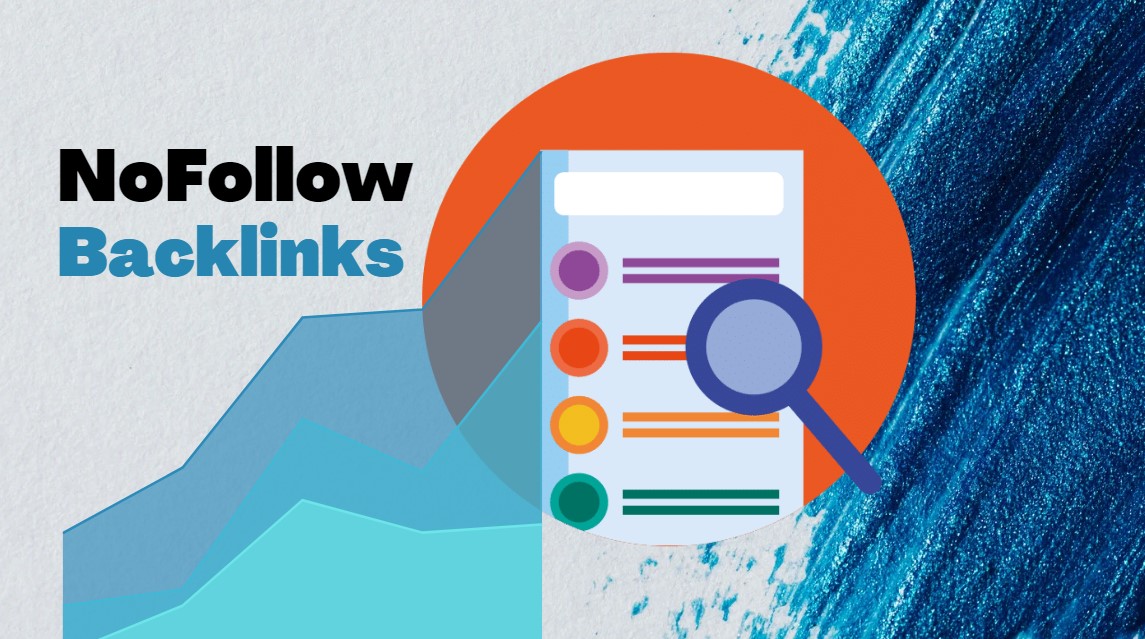Backlinks are a crucial factor for SEO. They can help you rank higher in search engine results pages (SERPs) by signaling to search engines that other websites consider your content to be valuable and trustworthy.
But not all backlinks are created equal.
What Are Nofollow Backlinks?
A nofollow backlink is a hyperlink that includes the “nofollow” attribute in its HTML code. This attribute instructs search engine crawlers not to follow the link or give any SEO credit to the linked page.
“In other words, nofollow backlinks do not pass on any link juice or authority to the linked page,” said Paul Dughi, CEO at StrongerContent.com
Why Do Websites Use Nofollow Backlinks?
The nofollow attribute was introduced by Google in 2005 to combat spam and improve the quality of search results. It was intended to discourage websites from using manipulative link building tactics, such as buying links or participating in link schemes.
Websites may also use nofollow backlinks in the following situations:
- User-generated content: If you allow users to post comments or create content on your website, you may want to use nofollow backlinks to avoid passing on link juice to low-quality or spammy content.
- Sponsored content: If you receive compensation for promoting a product or service on your website, you are required by law to use nofollow backlinks to the sponsor’s website.
- Untrusted content: If you are linking to a website that you do not fully trust or endorse, you may want to use nofollow backlinks to avoid giving that website any SEO credit.
Do Nofollow Backlinks Impact Your SEO?
The short answer is no, nofollow backlinks do not directly impact your SEO. Since search engines do not follow these links or give them any SEO credit, they do not contribute to your website’s ranking in SERPs.
However, this does not mean that nofollow backlinks are completely useless. They can still provide some indirect benefits for your website’s SEO, such as:
- Referral traffic: Even if a nofollow backlink does not contribute to your website’s ranking in SERPs, it can still drive referral traffic to your website if users click on the link.
- Brand awareness: If a high-authority website includes a no follow backlink to your website, it can still help improve your brand awareness and credibility.
- Link diversity: Having a diverse profile of backlinks, including both dofollow and nofollow links, can help signal to search engines that your website is a valuable and trustworthy resource.
While nofollow backlinks do not directly impact your SEO, they can still provide some indirect benefits for your website. However, it’s important to focus on building high-quality backlinks that are relevant to your content and audience, rather than solely focusing on dofollow or nofollow links. By creating valuable content and promoting it through ethical link building tactics, you can improve your website’s visibility in search engine results and drive more traffic to your website.

